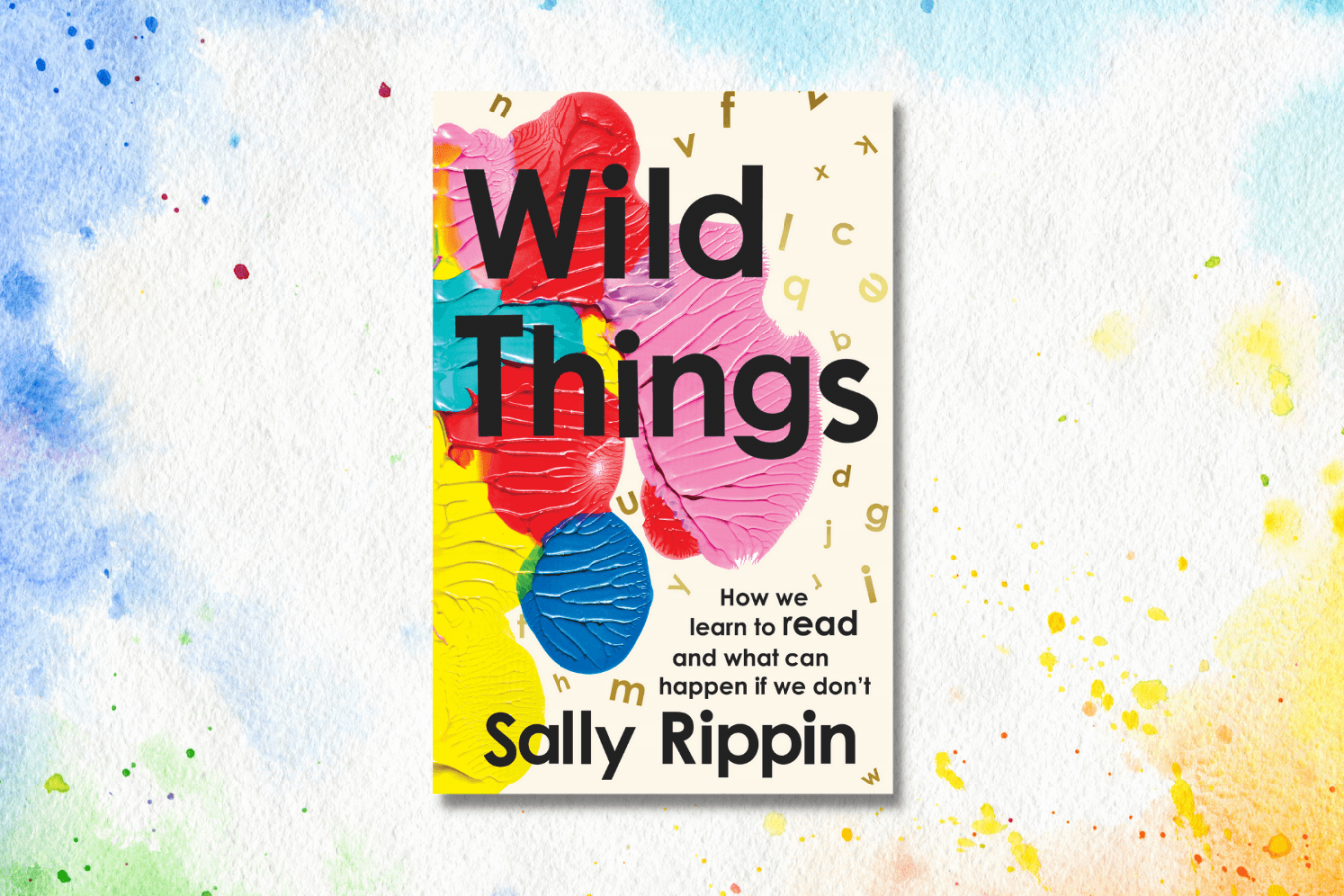
Kids' digital usage often falls to mum to manage, Maggie Dent on teenage boys and the shift to focus on wellbeing, and the new Australian Children's Laureate.
Our selection of thought-provoking and useful resources from around the web on educating and raising children, and supporting families.
The responsibility to manage children’s use of digital media is often unevenly distributed between parents
(Katrin Langton and Dr Xinyu Zhao, ABC Education)
When it comes to managing their children’s digital media use, there tends to be an uneven burden that parents face. Mothers tend to shoulder a disproportionate amount of this responsibility, often feeling overwhelmed by the task. The authors cited research in the article highlighting the various challenges mothers encounter, including negotiating with children over screen time, monitoring content, and dealing with conflicts arising from digital media use.
One key point the article brings up is the societal expectation for mothers to be the primary caregivers and gatekeepers of their children’s media consumption. ‘Similar to other kinds of domestic and caregiving work, these activities are intangible, unpaid and undervalued — and commonly performed by mothers’, write the authors.
So, what can families do to share the load more evenly? The authors suggest ‘taking a more team-based approach to digital parenting helps parents better manage feelings of helplessness and guilt when it comes to moderating children’s digital media use and ensuring family’s data privacy’.
The authors also call for greater support for parents navigating this complex terrain and acknowledge the importance of societal shifts in understanding and addressing these issues.
ReadA shift of priorities for teen boys in high school
(Maggie Dent)
When you have teenagers in the house, it can sometimes feel like you are their manager. Helping them stay focused on their studies, ensuring they get enough sleep and nutritious food, and, more frequently, ensuring their mental and emotional well-being.
In this article, Maggie Dent discusses adolescent boys’ evolving needs and priorities in high school. She highlights how traditional academic success is being challenged by the importance of mental health and emotional well-being.
Maggie emphasises the significance of educators and parents understanding the unique struggles faced by teen boys, such as societal pressures to conform to masculine stereotypes. She writes that focusing solely on academic achievement may overlook the emotional needs of boys, leading to increased stress and mental health issues.
Advocating for a shift in priorities towards nurturing emotional intelligence and resilience in boys, she urges educators to create environments that allow boys to express their emotions freely and develop healthy coping mechanisms. ‘Emotions are heightened for all teens during adolescence, and often when boys feel useless, not good enough, or a failure, they can struggle with heightened levels of frustration, anger and rage. Some boys internalise these feelings into deep worthlessness, sadness and despair’, says Maggie.
Likewise, she stresses the importance of promoting positive male role models or ‘lighthouse figures’ who exhibit emotional openness and vulnerability. Maggie encourages parents to engage in open conversations with their sons (and daughters) about mental health and to provide support without judgment.
In essence, Maggie’s article calls for a holistic approach to supporting teen boys in high school, one that values emotional well-being alongside academic success. If parents and educators can begin by prioritising mental health, we can help boys navigate the challenges of adolescence and grow into emotionally resilient young men.
Read the full articleMeet the 2024-2025 Australian Children's Laureate
(Australian Children’s Laureate Foundation)
Sally Rippin is an acclaimed Australian author known for her contributions to children’s literature. Sally is celebrated for her diverse range of works, from picture books to novels, which have captivated young readers worldwide. Her most renowned creations, the ‘Billie B. Brown’ and ‘Hey Jack’ series, have garnered widespread praise for their relatable characters and engaging storytelling.
Sally’s dedication to promoting literacy and fostering a love of reading among children is evident in her numerous school visits and workshops. She aims to inspire young minds and encourage them to explore their creativity through storytelling. Sally’s commitment to inclusivity and representation is reflected in her works, which feature diverse characters and themes.
As the new Australian Children’s Laureate, Sally plans to use her platform to advocate for the importance of children’s literature and its role in shaping young imaginations, with her theme as Laureate being ‘All kids can be readers!’ She believes in the power of storytelling to empower children and foster empathy and understanding.
‘My hope as Laureate is to ensure that all children can be supported to access reading in the way that suits them most.’
Read the full article

